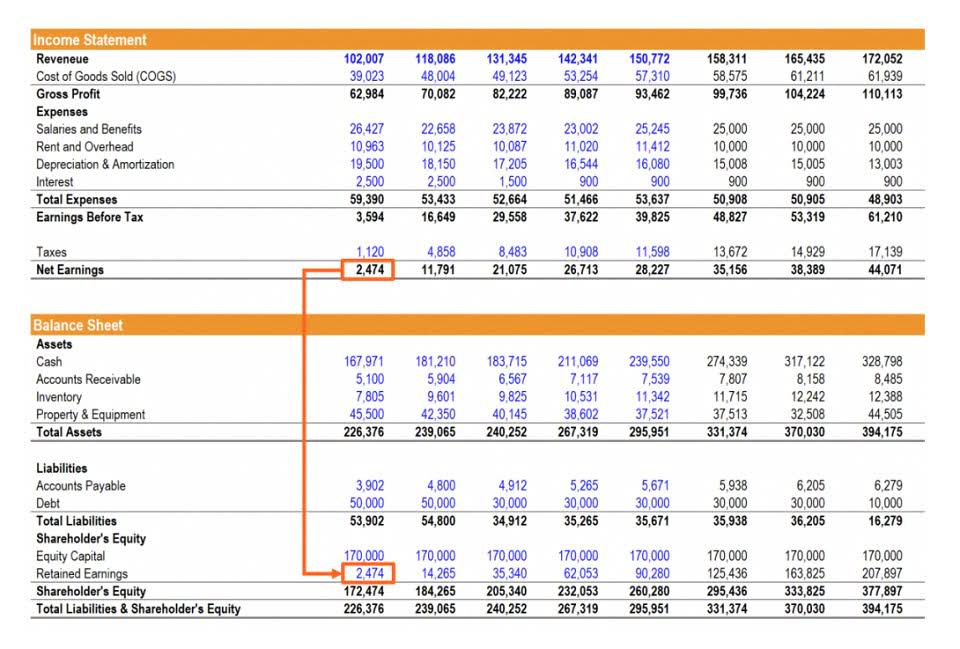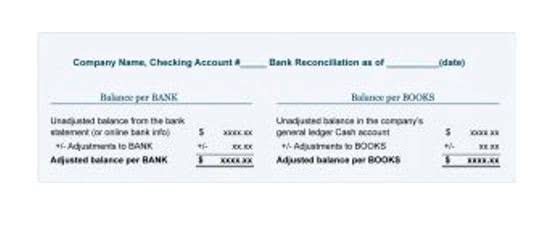
Your general ledger is organized into different accounts in which you record different types of transactions. Bear in mind that, in the world of bookkeeping, an account doesn’t refer to an individual bank account. Instead, an account is a record of all financial transactions of a certain type. Bookkeepers help small businesses create and manage their financial records, process transactions efficiently and accurately and reconcile various financial accounts. They also ensure that these processes are reported accurately, providing valuable financial insights and helping guide future business moves.
A beginner’s guide to small business accounting

You will also further your understanding of the accounting cycle by learning Accounting for Churches how to create trail balances and produce financial statemnets. Some accounting software products automate bookkeeping tasks, like transaction categorization, but it’s still important to understand what’s happening behind the scenes. It all begins with getting your accounting software set up correctly. To keep your financial records, you’ll need a chart of accounts—a complete listing of every account in your accounting system. These accounts are used to categorize all of your business’s transactions and are crucial for maintaining organized financial records. Bookkeeping is the process of keeping track of every financial transaction made by a business—from the opening of the firm to the closing of the firm.

More Small Business Accounting Resources
- Maintaining bookkeeping tasks is essential for the stability and success of small businesses.
- Accounting, on the other hand, takes the information provided by bookkeeping and analyzes it to provide insights and reports.
- Knowing these nine bookkeeping basics is essential for any bookkeeper to perform their job well.
- This can include internet, phone service, and work-related transport.
- These types of payments can add up to a lot of money that’s gone out the bank account that is not accounted for on the Income Statement (if you have done your Bookkeeping correctly).
- Now you know what records you need to keep to stay on the IRS’s good side, it’s time to look at specific expense categories.
- And from this discovered that Mike was having a few too many coffeebreaks at the local café which they were going to have to talk about…
You’ve used your entrepreneurial prowess to produce a product or service that your customers need. And avoiding spending any money when you think you can just take care of a task yourself is tempting. After all, if you don’t know how much you’re making or where that money is going, you’ll have a hard time finding ways to expand your profitability. Michelle Payne has 15 years of experience as a Certified Public Accountant with a strong background in audit, tax, and consulting services. She has more than five years of experience working with non-profit organizations in a finance capacity. Keep up with Accounting Periods and Methods Michelle’s CPA career — and ultramarathoning endeavors — on LinkedIn.
- With their new venture under way, the first thing Carli did was togive Mike a notebook to record the time labored for each customer with the description of the work performed.
- A separate bank account used strictly for business purposes is a smart way to protect your personal assets in case of bankruptcy, lawsuits, or audits.
- Bench, meanwhile, supports your business with expert bookkeeping services, helping you manage your finances accurately and efficiently, leaving you with more time to run the business itself.
- Generally, you can expect to pay between $200 and $2,500 per month for business bookkeeping services.
What is small business accounting?
- For instance, one of the items under the expense account is salary or payroll expenses.
- At the same time, businesses need to make sure they pay their own bills on time to avoid late fees and maintain a solid reputation.
- A bookkeeper ensures that all financial transactions are recorded and organized for financial reporting.
- This will give you a clear picture of your business’s past financial performance and help you make realistic projections for the future.
- We believe everyone should be able to make financial decisions with confidence.
This is particularly true once the business accounts for its operational costs and recurring expenses. Your bookkeeping software should have all these accounts already in the system. Bookkeeping is the process of recording all the transactions resulting from those working activities. By having strong bookkeeping practices, the financial picture of your business will be clear. By adhering to bookkeeping best practices, you can put your business on stronger footing both today and in the future.
Keep a Ledger
Now, if you’re like most business owners, you might find it tedious to keep up with every little receipt so having your monthly bank statements would be a great alternative. When you’re properly tracking your business income and expenses, it makes it easier to manage your financial resources. Expenses refer to the money used to run the business but aren’t related to products or services. For instance, one of the items under the expense account is salary or payroll expenses.

Knowing how to use those different inputs from an accounting perspective to unlock useful insights is the opportunity. Accounting, on the other hand, is a high-level process that analyzes the data from bookkeeping to provide insights bookkeeping 101 into your business’s progress, prepare financial statements, and guide strategic decisions. It helps you understand your business’s profitability by creating financial statements like your income statement and balance sheet. “Learn the basics of small business accounting with this beginner-friendly guide. Simplify finances, track expenses, and manage cash flow effectively.” Learn to setup and manage your own business accounts and what is required to balance your books – from banking and software to financial reports, here are the steps and procedures.
When should I consider outsourcing bookkeeping to a professional?
- Tax depreciation should be managed by a professional accountant, but book depreciation is something operators can log on their own and is useful for making operational decisions.
- Before choosing a card, think about your business expenses and spending habits.
- By setting up a strong accounting system, tracking expenses, choosing the right tools, and understanding your tax obligations, you’ll have the clarity to make sound financial decisions.
- By keeping track of every dollar you spend, you can gain insight into where your money is going and make informed decisions about allocating your resources.
- Cash covers both physical and electronic money (such as transferred funds).
As a business owner, a large part of your income comes from your business. In order to know what you earned, you have to know what your business earned first. To better understand these concepts and how to apply them, take bookkeeping courses that will allow you to practice them. Making an effort to hone these skills gives you more confidence in your bookkeeping career. I was really impressed with the videos and information that was presented in this course.